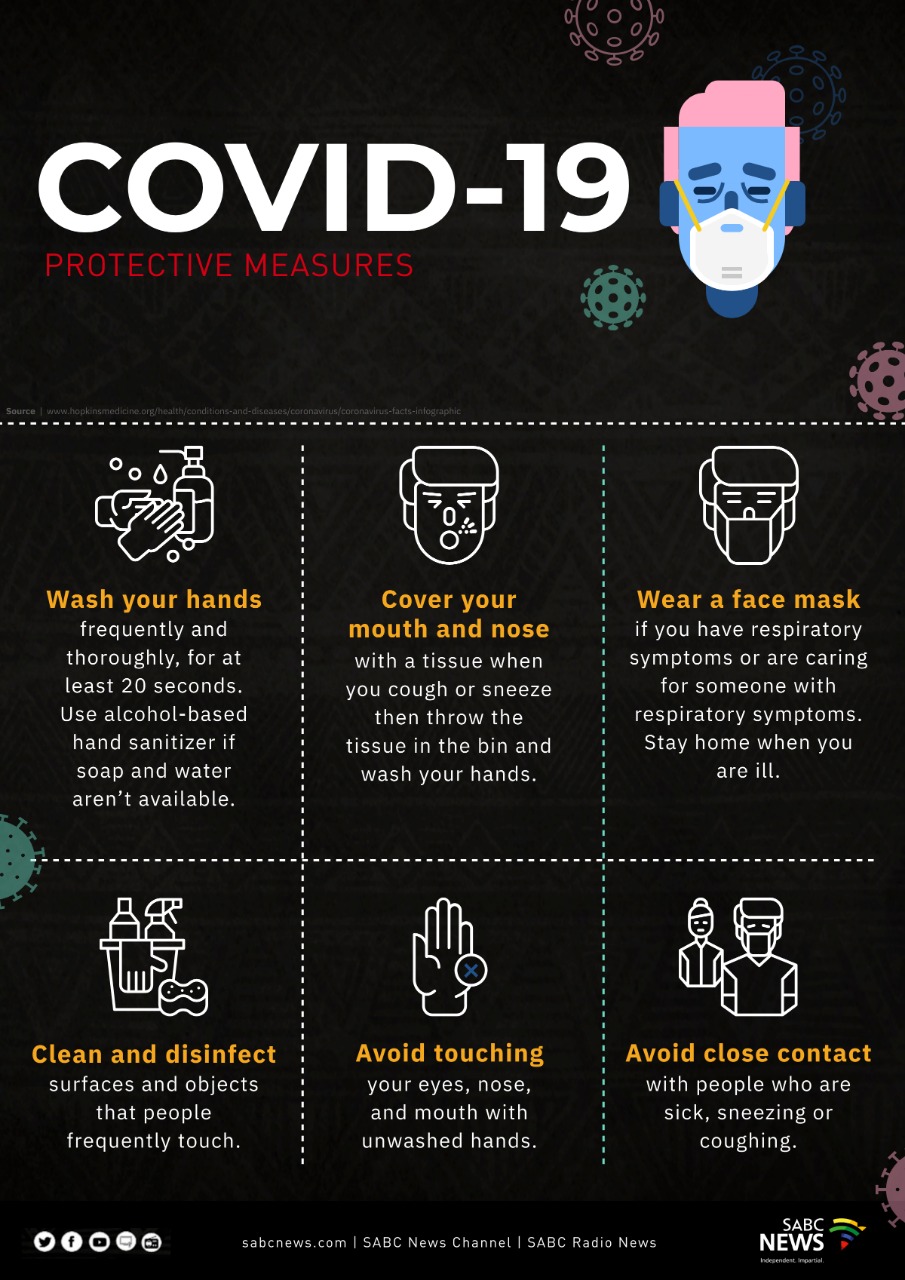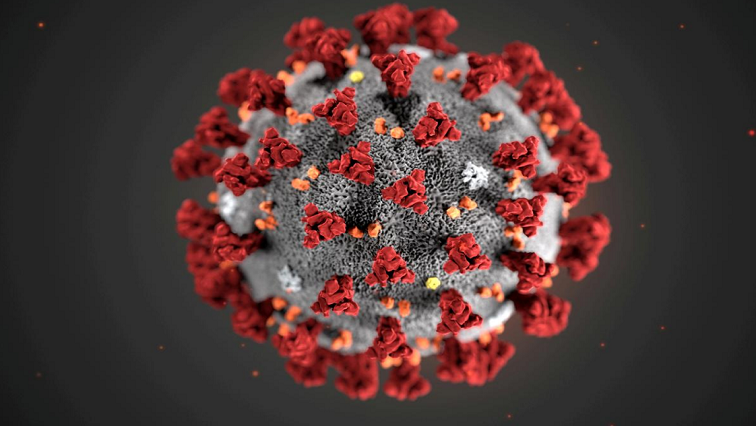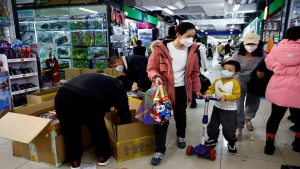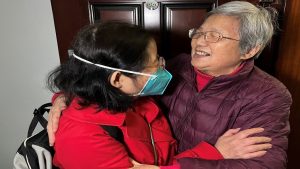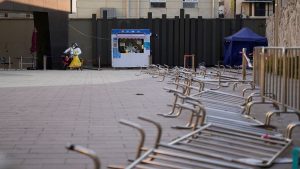Residents of a rural Rastafarian village called Ethiopia near Siyabuswa in the former KwaNdebele in Mpumalanga have described the outbreak of the COVID-19 pandemic as a wake-up call to humanity.
The cannabis smoking community has been residing on the banks of a river in Waterval for over 20 years.
They survive largely on vegetables and fruits they are producing from their farm and orchard.
There have no masks, gloves or sanitisers at the village to curb the potential spread of the pandemic.
The residents also seem not to be practising social distancing.
One resident, Sister Molebogeng, Daughter of Zion says while they are like all South Africans troubled by the outbreak of the pandemic, their way of life is quite hygienic.
She also says the outbreak and the resulting lockdowns have given mother nature an opportunity to cleanse herself.
“If you’re aware, there’s not lot of cars moving around, the aeroplanes have stopped moving and people are literally not littering anymore. So mother nature is at least exhaling some of the toxins and would probably give us more oxygen because that is what we need in this time. And we need to pray for more rain because without rain in our tradition you cannot wash away viruses and diseases.”
In the video below, Rastafarians in Mpumalanga are concerned about COVID-19:
SA lockdown extended by two weeks
President Cyril Ramaphosa has extended South Africa’s 21 days national lockdown by two more weeks.
Ramaphosa announced this in a television address on Thursday evening.
He says there’s compelling evidence that the lockdown is working.
“If we end the lockdown too soon or too abruptly we risk a massive and uncontrollable resurgence of the disease we risk reversing the gains that we have made over the last few weeks and rendering meaningless the great sacrifices that we have all made. Fellow South Africans this evening I stand before you to ask you to endure a little longer.”
Ramaphosa says the rate of new infections has slowed down.
“Since the lockdown came into effect, the rate at which new cases have been identified here in South Africa has slowed significantly. From 1 170 confirmed cases on the 27th of March, the number of confirmed cases today stands at 1 934. In the two weeks before the lockdown, the average daily increase in new cases was around 42%. Since the start of the lockdown, the average daily increase has been around 4%.”
He says South Africans have been cooperative and have largely adhered to the regulations.
“During the course of these last two weeks, your lives have been severely disrupted, you have suffered great hardship and endured much uncertainty. We have closed our borders to the world, our children are not in school, businesses have closed their operations, many have lost their income, and our economy has ground to a halt. And yet, faced with such daunting challenges, you, the people of South Africa, have responded with remarkable patience and courage.”
In the video below, President Cyril Ramaphosa addresses the nation:
The graphic below gives information about coronavirus protective measures:
